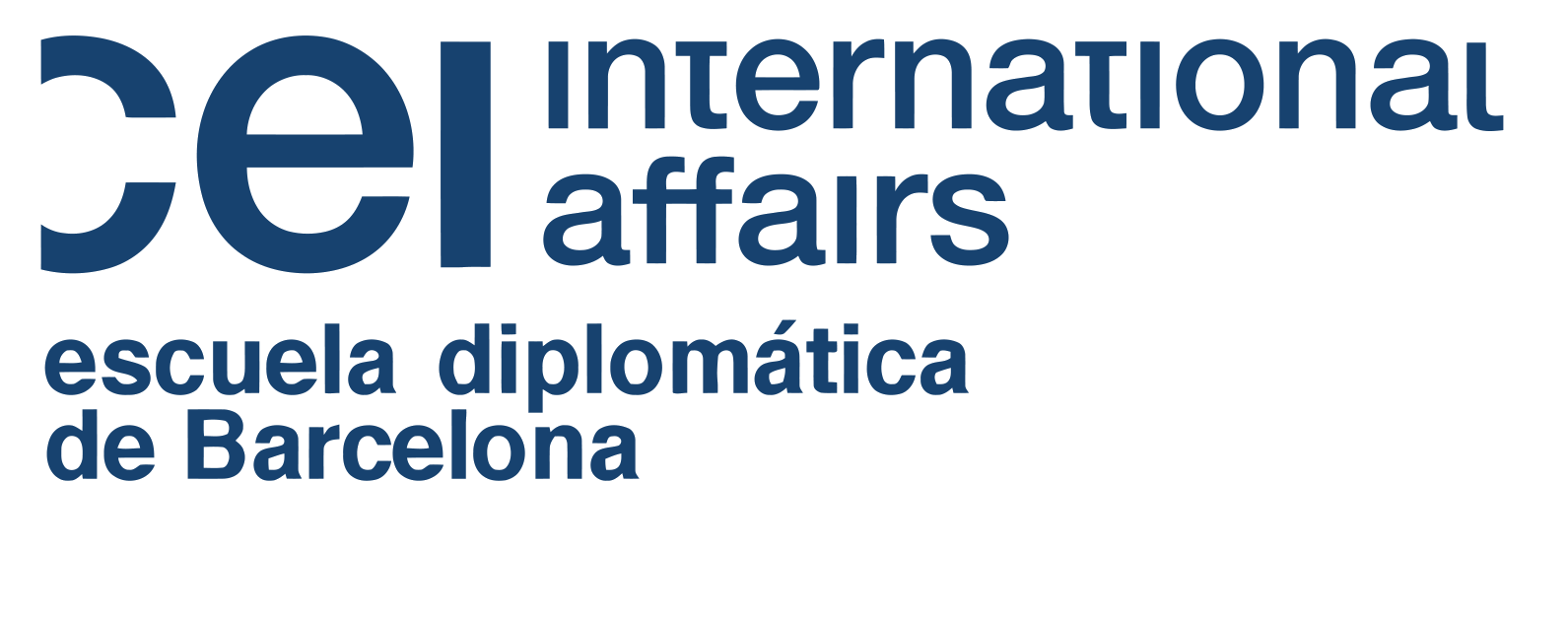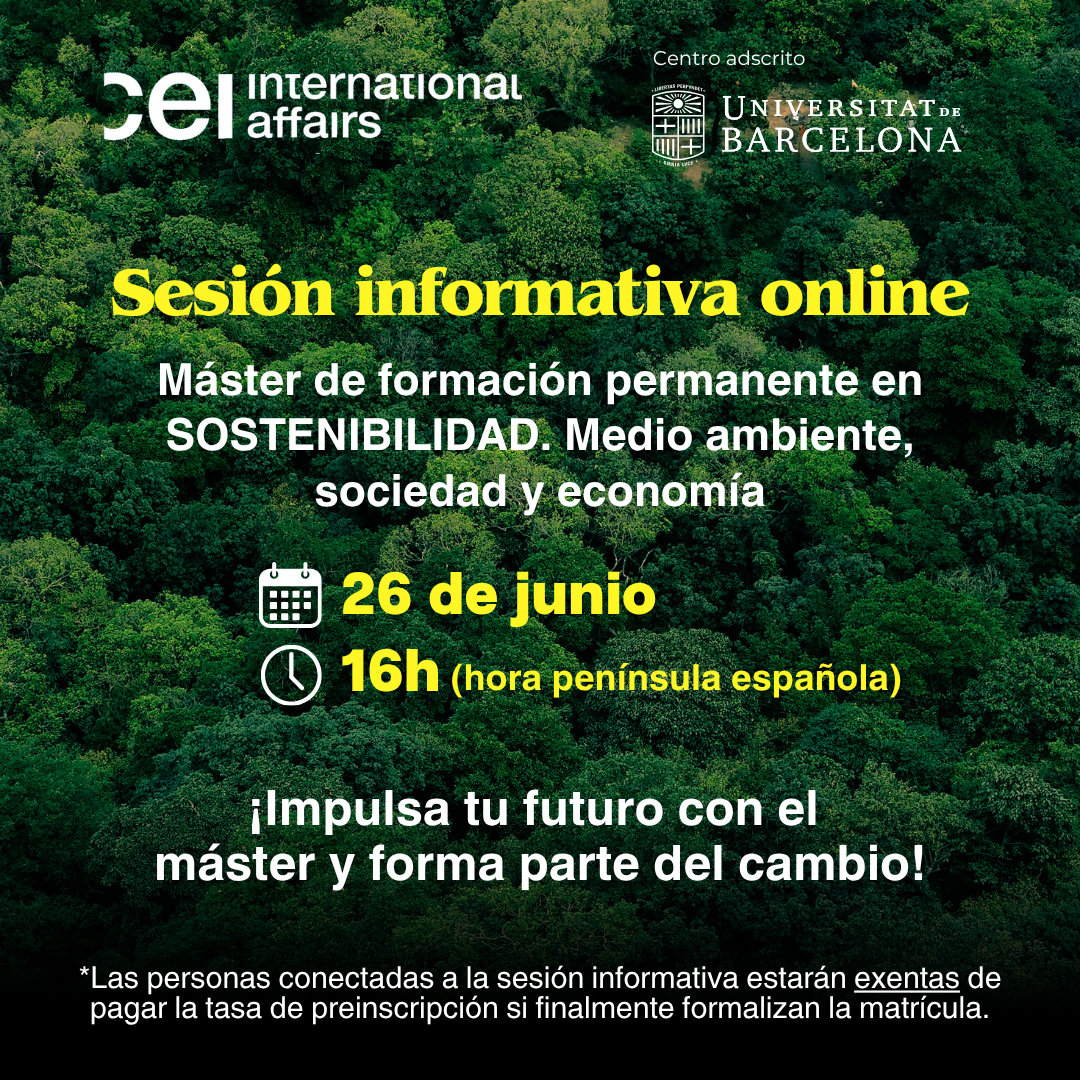On Tuesday, July 14, the CEI International Classroom took place with the Spanish Ambassador to Poland, the Hon. Mr. Francisco Javier Sanabria Valderrama. The session was organized in collaboration with Cercle d’Economia.
The Ambassador began by analyzing the political situation in Poland. After the recent presidential elections on this July 12, an electoral cycle that began in the fall of 2018 ends with the regional and local elections, followed in May 2019 by the European and legislative elections in October 2019. A cycle that will not resume for up to 3 years and that has left the Law and Justice (PiS) party as the clear winner, although it is true that large cities, the Senate and most regions are under the control of the Civic Platform, the main party of the opposition.
In this context, the Ambassador emphasized the importance of the presidential elections. The President is a fundamental part of the Polish institutional framework. Not only does it hold the leadership of the State and, as such, its highest representation abroad, but it also has granted legislative initiative, sanctions the laws, and has veto power that must be overcome by a qualified majority of the Lower House and can submit to the Constitutional Court those bills that it deems contrary to the Constitution. This importance, together with the prevailing political polarization, translated into a strong mobilization of the electorate and a historically high turnout of 68.18% that gave a tight victory to the current President Andrzej Duda.
These elections have reproduced the political map that has been repeating itself in recent years. PiS has preeminence in the east of the country and in small towns, while the opposition wins in the west and in large cities. The political division is not reflected in social life. Poland does not suffer from chronic political violence. The divergences focus on the orientation that should be given to the future of Poland: while the PiS defends a conservative policy aimed at preserving national values, traditions and homogeneity, the Civic Platform opts for a liberal vision of society close to Brussels and Berlin. There are no disagreements about the fundamental historical facts of World War II and the communist regime, nor basically about the need for a close relationship with the US and a strong Atlantic Alliance.
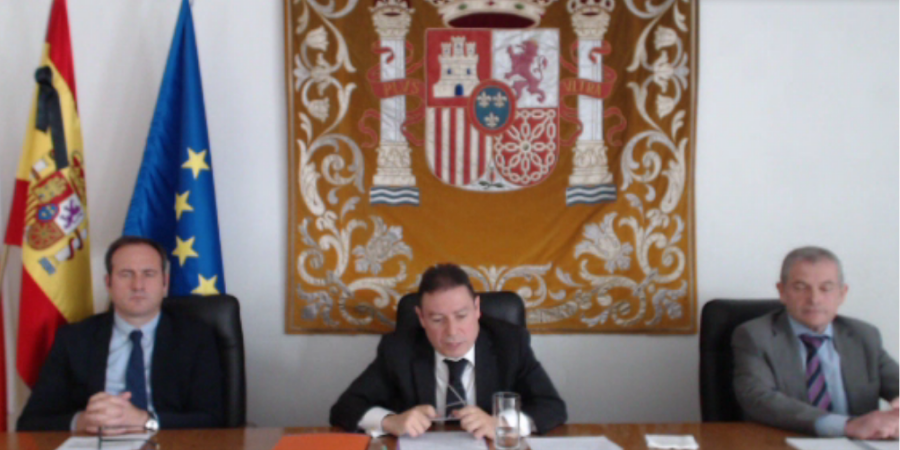
On the social level, the Ambassador stressed that the Polish is a very dynamic society. People have jobs (unemployment is frictional, 6%), life plans, entrepreneurship and the desire to improve. Surveys invariably show that Poles face the future with confidence. This may respond to the recent history of the country, which has led new generations to want to pay tribute to their elders who suffered from war and communism, working for a better country. However, there is also an important cultural debate that, although it divides society, can also enrich it, the Ambassador understands, if a synthesis is achieved that is good for the whole. One of the government’s policies that has caused the most friction has been the reform of the justice system. The reform is being analyzed by the different European institutions and, according to HE. Mr. Sanabria, you will only be redirected through the resolutions issued by the Court of Justice of the European Union.
As in other European countries, the coronavirus has also affected Poland. With a first diagnosed on March 4 and the first victim counted on 12, in mid-July the diagnosed amounted to 38,000 and the deceased to 1,600. In order to face this situation, the government took very drastic measures at the beginning, which were progressively attenuated until they became less than the current ones in Spain. The health crisis has not been overcome.
The economy, based on a strong agricultural and industrial sector, has experienced uninterrupted growth during the last 30 years, which allows us to speak of a “Polish miracle”. However, like the other European economies, Poland will experience a recession this 2020 due to the pandemic. Recession from which V-shaped recovery is expected in 2021.
In figures, Poland received foreign investment of € 11,818M in 2018, growing 45% compared to 2017. This has been possible, in part, thanks to the creation of the so-called special economic zones, which are characterized by a privileged tax regime which, from this year, will cover practically the entire Polish national territory.
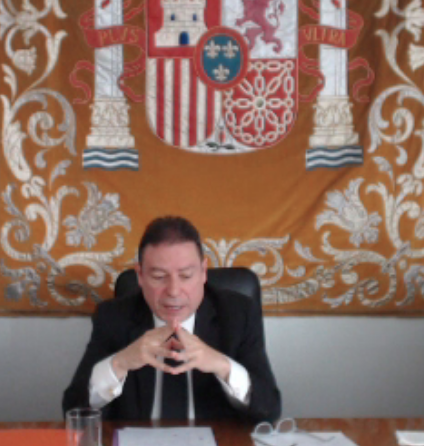
Regarding public works, Poland is in a period of expansion and development of its road and railway infrastructure. They are to highlight the project of the Great Airport Cent ral; a channel in the Odra estuary that empties into the city of Szczecin; and a gas pipeline to bring Norwegian gas through Denmark and the Baltic. In energy terms, Poland is strongly betting on offshore wind energy. They also point to nuclear energy in order to advance in the decarbonisation of their economy. Finally, it is worth noting the rapid digitization of the Polish economy. This is very advanced in the cities and has given rise to important companies such as Allegro, dedicated to electronic commerce, with a turnover higher than Amazon in Spain.
Poland is one of the countries whose citizens are more Europeanists (88%), even more than the Spanish. In the EU, Poland is particularly interested in the development of the common market, in the common agricultural policy and in cohesion policy. In fact, it is the main recipient of funds and will continue to be so in the next financial framework 2021-2027.
However, Poland does not understand that political union should be further deepened. Thus, it is a champion of enlargement, especially as regards the integration of the Western Balkans. Participation in the common currency, the euro, is not on the agenda, since it is understood that convergence with the EU average is still too low (72%). The question will arise when Poland approaches that average, which could occur in the coming years.
The Hon. Mr. Sanabria considered that the relations between Spain and Poland are excellent. From an economic point of view, trade in both directions in 2019 was around € 12,000 million, € 1 million of Poles have visited Spain each of the last three years and Spain is the fifth investor in the country in terms of accumulated stock with a significant presence of Banco Santander, CAF, Ferrovial or Acciona. More than 500 Spanish companies are installed on Polish territory. The Ambassador also highlighted the legislative efforts carried out by the government to facilitate the establishment of new companies and seek to improve the business environment.
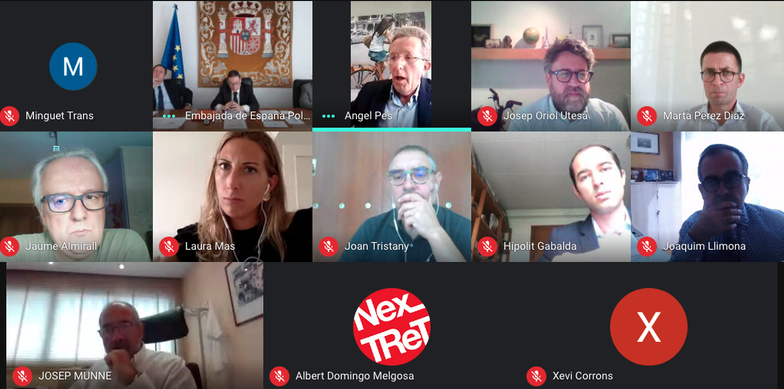
At the cultural level, there are more than 60 institutes that offer teaching in Spanish, two Cervantes institutes (in Warsaw and Krakow) and a notable demand and sympathy for the Spanish language and cultures. All this makes Poland a favorable country for Spaniards also for business.
As for political relations, these were considered by the Ambassador as fluid, but susceptible of greater intensity. In the past two years, four bilateral meetings have been held between foreign ministers. Parliamentary forums and government summits are expected to resume in 2021. The latter have been held practically annually since 2003 but were parked in 2017 because of the political interim in Spain.
Finally, Ambassador Sanabria concluded that Poland sees in Spain a partner of interest, who shows respect for what Spain represents, for its history and for its projection in the world. The Ambassador pointed out that in Poland there is a good memory of the “honeymoon” in relations with Spain lived in the years prior to Poland’s accession to the European Union, in 2004, which serves as an incentive to develop more if this bilateral relationship fits.
Report prepared by Hipòlit Gabaldà
Student of the Preparation to Join the Diplomatic Corps
